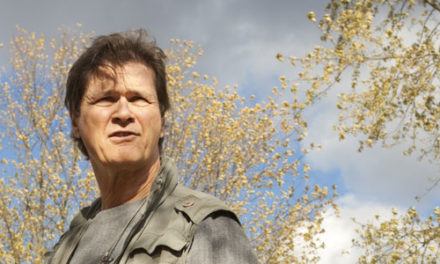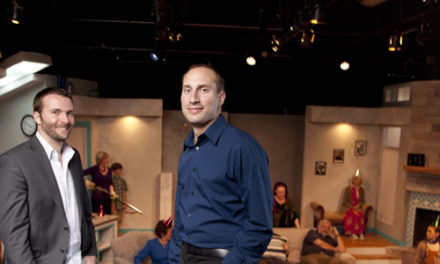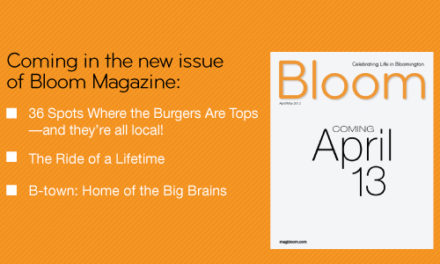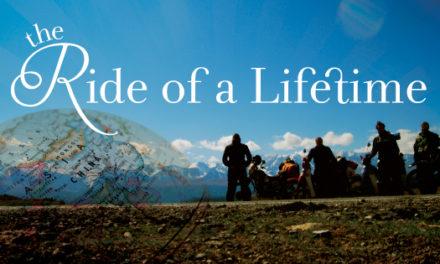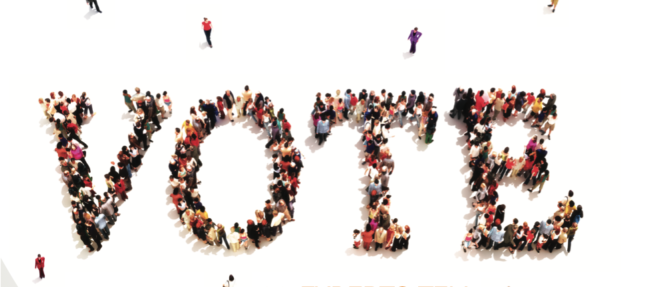
Facts matter.
Everyone is entitled to express their opinions. That is guaranteed in the First Amendment and is the bedrock of our democracy. But not all opinions are created equal.
Opinions based on nothing are worth nothing. Unfortunately, for the last four years we have been bombarded with worthless opinions based on hearsay, propaganda, conspiracy theories, and egregious lies propagated by politicians willing to sacrifice human lives for political gain. For many people, busy trying to make a living and raise a family, it’s been hard to keep up with the onslaught and discern what’s true and what’s not.
In this preelection issue, we are looking at 23 areas of great concern which will be impacted positively or negatively depending on which candidates prevail. Here, you will find essays on each of these important areas, everything from health care to guns to climate change. Each essay is written by an expert on the subject or by someone who has a significant history working in the field.
Their opinions are based on facts, research, data, and first-hand experience.
I hope they will help you to make educated decisions when casting your vote by mail-in ballot or at a polling location.
—the editor
What’s At Stake: Democracy
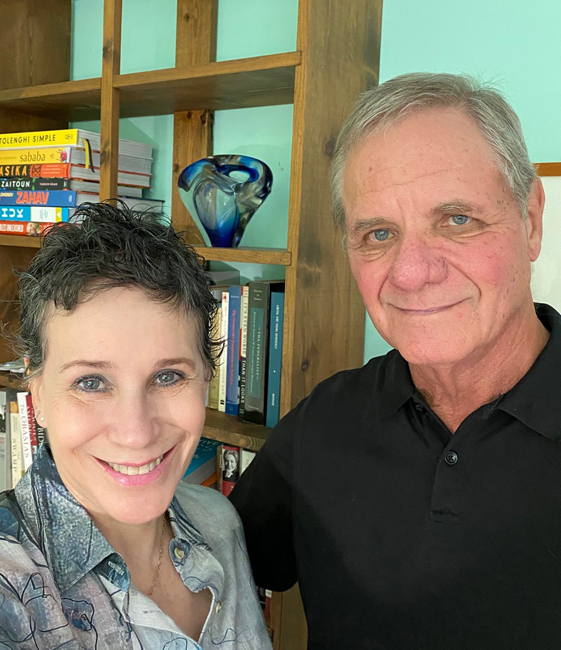
by CHRISTINE BARBOUR & JERRY WRIGHT
. . . Democracies are not Energizer bunnies, running forever like perpetual motion machines. Democracies wind down. They get sloppy. They get perverted so that the will served is not the popular will, but that of those who can manipulate the system. Democracies can wither, as Barack Obama said at the Democratic National Convention. And they can die.
What’s At Stake: Health Care
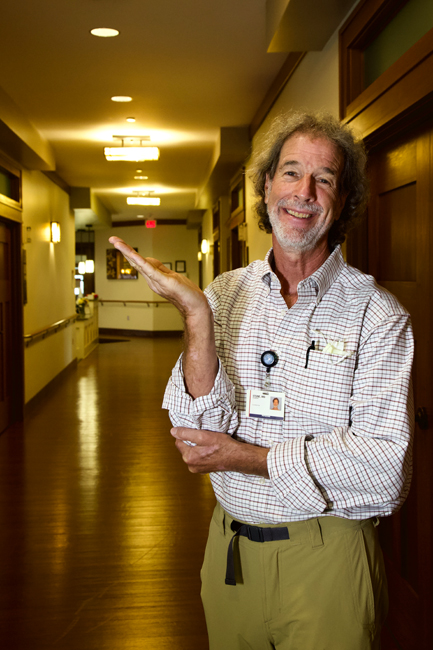
by DR. ROB STONE
I started med school in August of 1973, 47 years ago. It is tempting to talk about all the changes and breakthroughs since then. … Instead, let’s talk about one thing that has hardly changed—the way we pay for medical care. In ’73 we had Medicare, Medicaid, the VA, the Indian Health Service, private health insurance (mostly provided through work), and tens of millions of people were uninsured.
“What I am describing is a medical caste system. The uninsured are our ‘Untouchables.’ A medical caste system, not a medical care system. Read more.
What’s At Stake: Economic Equality
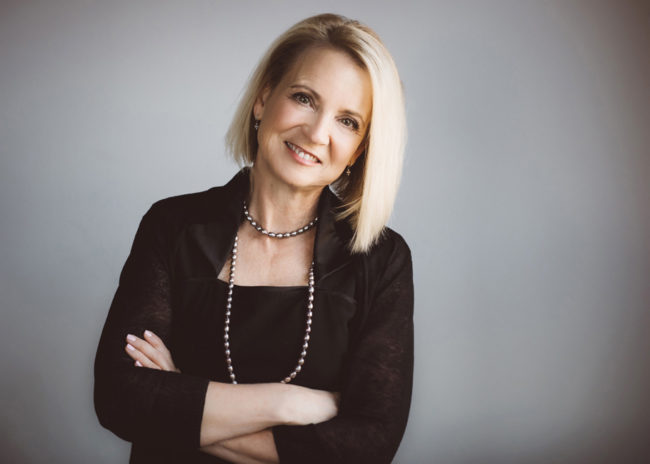
by TINA PETERSON
“Economic Equality.” It’s a term we most often hear in news stories, academic articles, and reports. Frequently it is used in conjunction with phrases like “equal access,” “equitable pay,” “a level playing field.” Ask almost anyone and you are likely to get a fairly textbook definition.
Conversely, “economic inequality” generates a bit more passion. When you ask, the response becomes more emotional. It generates concerns about voice, opportunity, and influence. Read more.
What’s At Stake: Climate Change
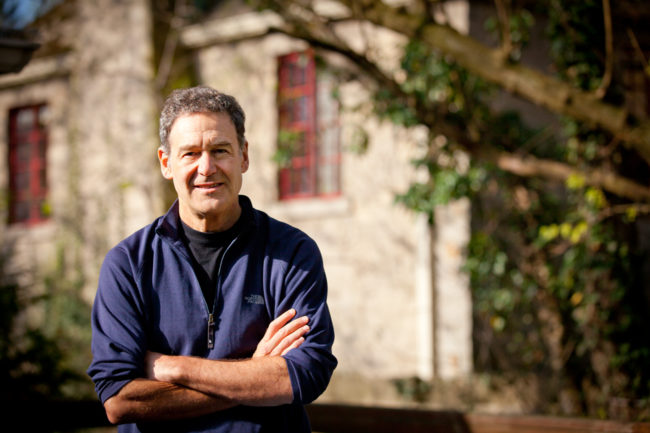
by MICHAEL HAMBURGER
As a geophysicist, I have spent my career pondering the powerful processes that produce earthquakes and related natural disasters—and their devastating human impact. While our current public health crisis wouldn’t meet the strict definition of a natural disaster, the coronavirus pandemic has followed many of the familiar patterns of the phenomena I study. Read more.
What’s At Stake: Safety Net

by EFRAT FEFERMAN
As I type these words, the COVID-19 pandemic continues to challenge our nation in a myriad of ways. The full toll of illnesses and deaths, lost jobs, disrupted education, social lives, and impact to the health and safety of individuals has yet to be realized and yet to be fully analyzed. This is all unfolding as the moratorium on evictions in Indiana expires, as well as the extended federal unemployment benefits, and as sectors of the economy struggle to adapt to the new era.
I worry about the economic repercussions to come, and I know I am not the only one. Prior to COVID-19, 37% of all Hoosiers (nearly 1 million households) were already struggling, either living in poverty or hovering right above it in a category United Way refers to as ALICE—Asset-Limited, Income-Constrained, Employed. Read more.
What’s At Stake: Freedom of Speech

by LAUREN ROBEL
Free speech, said the Supreme Court years ago, is “the matrix, the indispensable condition, of nearly every other freedom.”
A democratic republic’s continued existence depends on our access to information, and our ability to discuss that information with others to make informed decisions about the people who represent us. It depends on our freedom to dissent, to criticize, and to hold those in power accountable. Read more.
What’s At Stake: The Environment
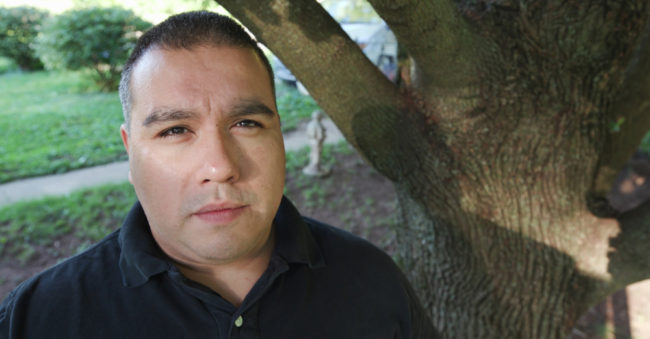
by ENRIQUE SAENZ
This November, Hoosiers will help decide who sets the goals for the country’s environmental policies for at least the next four years. The impact of those policies will ripple throughout the lives of everyone living in the United States.
The two major presidential candidates, President Donald Trump and former Vice President Joe Biden, have both said they are trying to find a balance between economic prosperity and clean air, water, and land for all—but their approaches are vastly different. Read more.
What’s At Stake: Guns

by JODY MADEIRA
Like many other social, cultural, and public health issues, firearm safety doesn’t and can’t exist in isolation from other developments, such as civil rights, ideological extremism, redistricting, national and household economic health and inequality, and health care accessibility.
What’s at stake for Bloomington in the next election mirrors what’s at stake in other American cities, due to legal design and recent history. Read more.
What’s At Stake: Foreign Policy

by FEISAL AMIN AL-ISTRABADI
Anyone born after 1945 has lived their entire life in a global political and economic order whose rules were written by the United States. This system was the result of conscious decisions made by presidents of both parties, from Franklin Roosevelt (though he did not live to see it come to fruition) through Barack Obama, each of whom maintained it. This Pax Americana included the creation of such entities as the United Nations, the North Atlantic Treaty Organization (NATO), and (now) the World Trade Organization. Seventy-five years later, the 2020 election may well determine the fate of this international system. Read more.
What’s At Stake: Global Standing

by LEE FEINSTEIN
One of Bloomington’s biggest assets is directly relevant to the question Bloom has asked me to address: America’s standing in the world and its relation to the upcoming election.
Bloomington is a global city. Indiana University–Bloomington is the place of study for some 4,400 international students, of whom more than 2,000 are undergraduates. That’s about 10% of the student body here. The diversity IU brings to Bloomington is one of our greatest strengths. At the Hamilton Lugar School of Global and International Studies, we teach our students the importance of celebrating differences and seeking shared understanding. I see those same values on display in Bloomington. Read more.
What’s At Stake: Women’s Rights
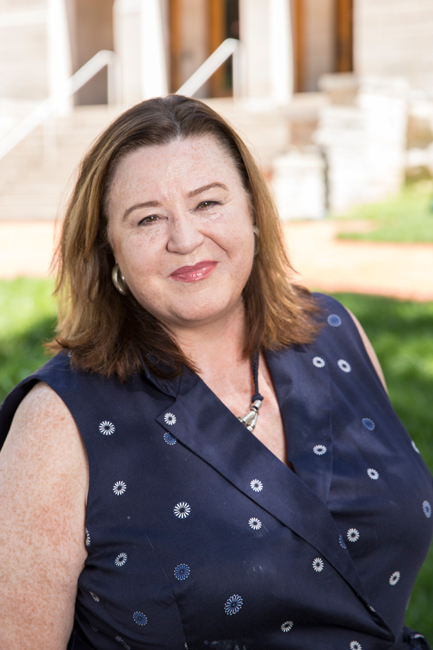
by JUDITH A. ALLEN
The impending 2020 election dramatizes the unfinished quest for “women’s rights”; and yet, this once-potent political concept now proves inadequate. With this being the centenary of (at least some) women first voting nationally in 1920, Bloom asks about possible impacts of imminent election outcomes on women’s rights and what, if anything, we will feel locally. Read more.
What’s At Stake: Race Relations
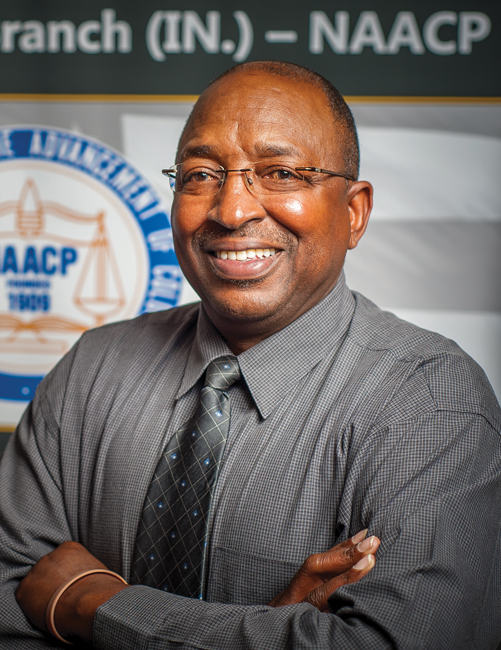
by JIM SIMS
What is at stake for our community with the upcoming election and those we elect is a great opportunity for us to help create a more respectful, equitable, and safe environment that positively impacts race relations locally. We have the voting power to place those in office whose values reflect racial equity and social collaboration instead of racial divisiveness and suspicion of those who are different from ourselves. Read more.
What’s At Stake: Trust in Government

by LEE H. HAMILTON
Americans’ trust in the political system has reached historic lows. According to recent polls conducted by the Pew Research Center, Gallup, and the Chicago Council on Foreign Affairs, the majority of Americans do not trust Congress, the Supreme Court, or the presidency, and most Americans do not trust a wide range of public leaders including men and women in government, clergy, and business.
Moreover, Americans also do not trust each other. Read more.
What’s At Stake: The Arts

by MIAH MICHAELSEN
The arts are having a moment.
Called on to serve as both a witness to tragedy and an inspiration to act, artists have channeled the grief of a nation into eloquent works of art centered on Black lives, social justice, and economic equality. Never have murals and other extemporaneous art expressions and the artists who create them been as universally recognized as critical to civil discourse and community reflection, identity, and healing as they are now. Read more.
What’s At Stake: The Courts

by DAWN JOHNSEN
The courts are squarely in view now, along with the 2020 pandemic and so much else at stake November 3. The death of Supreme Court Justice Ruth Bader Ginsburg reminds us: For our country’s long-term health, few election issues outrank the power of the president to appoint and the Senate to confirm federal judges.
The stark differences in the life-tenured federal judges to be appointed by either Donald Trump or Joe Biden will alter the future course of the United States, our democracy, and the rights of all of us residents for decades to come. Read more.
What’s At Stake: The Pandemic

by GREGORY TRAVIS
[This approach] also demands strategic investments in our economy designed to lessen the economic impact of the next pandemic; things like wage replacement for workers displaced by a pandemic, cash to businesses displaced, mandatory sick days for all workers, and, yes, some form of universal single-payer health insurance.
The current administration, ideologically, wants to do nothing. It wants to let the virus liquidate the old and unwell; to purge the “rotten” out of society. It wants to take a long run on wishful-thinking vice action, the long run to fanciful herd immunity. Read more.
What’s At Stake: Immigration & Refugees
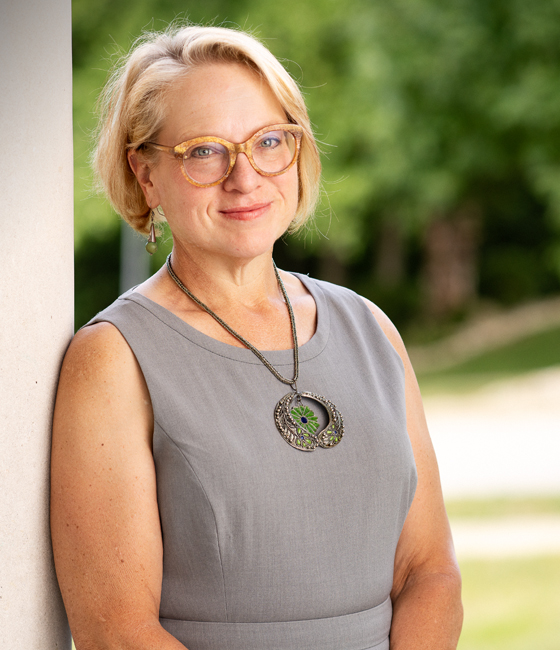
by ELIZABETH CULLEN DUNN
The United States has long been a world leader in welcoming refugees fleeing war and violence. In the 1980s, the U.S. admitted over 200,000 refugees. In 2014, we admitted 97,000. Today, the Trump administration has cut the number to zero. If there is no change in administration after the November election, that number is likely to stay zero for several years. Read more.
What’s At Stake: Partisanship vs. Polarization
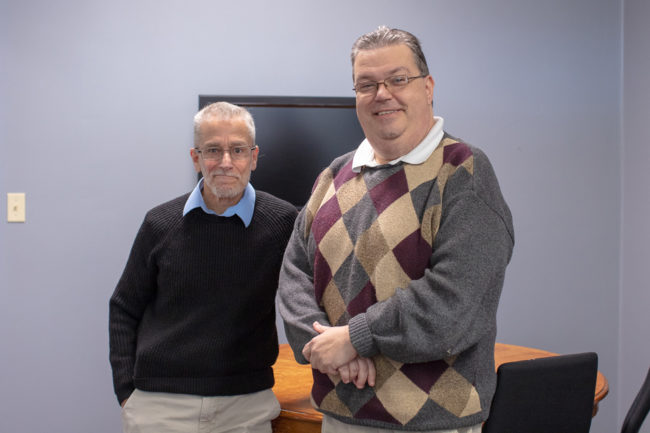
by DON BYRD & WILLIAM ELLIS
The challenge Americans face these days is, in the words of conservative fundraiser Greg Munford, “to engage in passionate disagreement while not damaging the political freedom which allows for that constructive disagreement. Passionate advocacy does that; polarization does not. Polarization … characterizes opponents as enemies to be defeated and destroyed. But the aim of advocacy is to broaden its base and persuade new converts to join … Advocacy thus respects opponents and considers them potential partners, not enemies. Read more.
What’s At Stake: Education

by JOHN WHIKEHART
In higher education, state support for our universities has declined precipitously. Our universities are no longer “state-supported.” At best they’re “state-assisted,” with funding falling to approximately 20% of need. While support declines and insistence that tuition not be increased for Indiana students grows, our political leaders continue to bemoan that our universities are forced to accept more out-of-state students. There is no relief in sight in this scenario for Indiana student debt; in fact, it makes it more likely. The idea that we might fund tuition-free education at our community college does not have bi-partisan support, and yet we know that the access point for many first-generation students and students of color is through our nation’s community colleges. We will want “workforce development” for our businesses but assign the cost for it to our taxpayers and students. Read more.
What’s At Stake: Law Enforcement
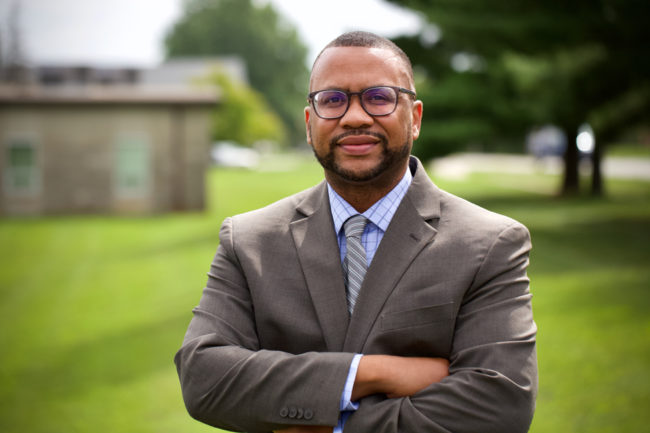
by WAYNE JAMES
These are unprecedented times. Unless you have been living on the high seas, devoid of all interaction with the world, you have witnessed as I have the unrest, distrust, and uncertainty plaguing this country. I have witnessed firsthand the pain our communities are in. From the Black Lives Matter movement to the proposed defunding of local law enforcement agencies. All of this is happening while we are living through a worldwide pandemic. Read more.
What’s At Stake: The Media
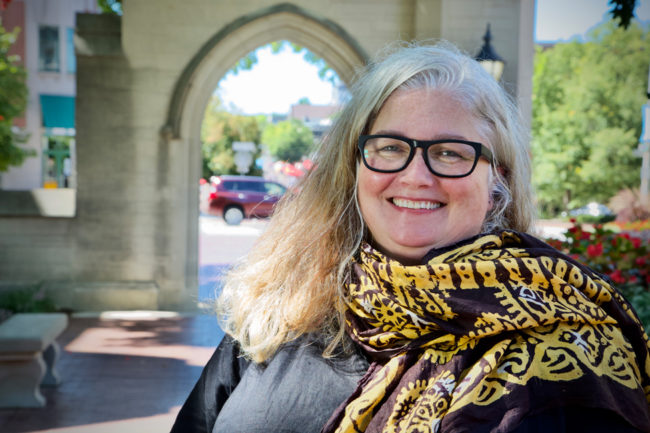
by ELAINE MONAGHAN
Covering dangerous stories as a foreign correspondent prepared me for the environment that American journalists operate in now. If there’s one thing I’ve learned, it is how quickly rights can evaporate or be eroded. I wish more people understood how American journalists see themselves as serving the public interest, as defenders of the rights all Americans have. Read more.
What’s At Stake: LGBTQ+ Rights

by SUSAN FERENTINOS
Public support for Lesbian, Gay, Bisexual, Transgender, and Queer (LGBTQ) rights in the United States has increased rapidly over the past decade. A CBS News poll conducted in June 2020 found that 82% of Americans think gays and lesbians should be protected by law against discrimination. However, this growing acceptance is not fully represented in our laws or among political candidates in this year’s election, and protections for transgender Americans lag significantly behind those who identify as lesbian, gay, or bisexual. Read more.
What’s At Stake: The Economy

by ALEX CROWLEY
One cannot overstate the impact the national election will have on the Bloomington economy. Despite our best efforts to avoid becoming entangled in the daily drama emanating from Washington, Bloomington’s economic future is intertwined with actions taken across our state and federal government units, whether we like it or not. Read more.


